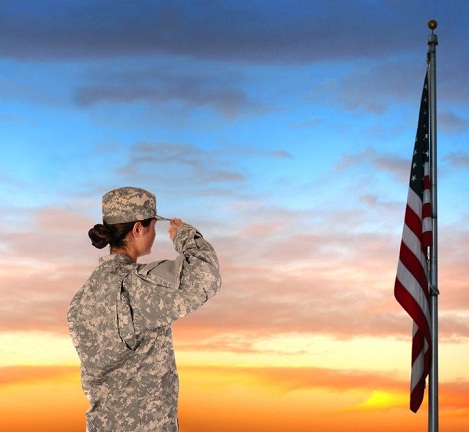When we think of insomnia, we cannot forget how much it affects our soldiers and veterans. Insomnia has been reported by approximately 54% of the 2 million military men and women who have served in various American combat efforts since 2001, compared to the 22% of non-military adults. That means that more than 1 in 2 American servicemen and women are also at risk for other health concerns due to insomnia.
Insomnia can develop before military service, during the service period, or after deployment when a soldier returns to home life. Numerous studies indicate that stress related to deployment such as exposure to combat, inconsistent sleep/wake schedules, mild traumatic brain injury and the adjustment to civilian life, all add to the risk of sleep loss. Experiencing insomnia during deployment increases the risk of developing post-traumatic stress disorders, war-related injuries and the tragic possibility of committing suicide.
Dr. Adam Bramoweth of the Department of Veterans Affairs (VA) Pittsburgh Healthcare System, and Dr. Anne Germain of the University of Pittsburgh School of Medicine in the US, have been teaming up to research deployment-related insomnia among military personnel and veterans since 2010. Their combined effort has displayed just how important the need for more research is to understand all of the factors involving chronic insomnia when it comes to the military.
With the success of identifying characteristics and biomarkers of people who are more likely to develop insomnia, prevention and early detection strategies can be put into place. The ultimate goal is to ensure better sleep health, while reducing the risk of deployment-related psychiatric conditions.
Cognitive-behavioral therapy and imagery rehearsal therapy are known to produce positive results in treating both insomnia and nightmares. Training is underway to prepare 1,000 providers in Veterans Health Administration with the education needed to better serve our military men and women with sleep problems.
Our military personnel and veterans deserve our support! Sleep is essential to help them protect us by being on the frontline lines defending us every day. The steps taken to provide treatment for chronic insomnia for our troops and veterans make us proud!
Via: Science Daily


No comments yet.